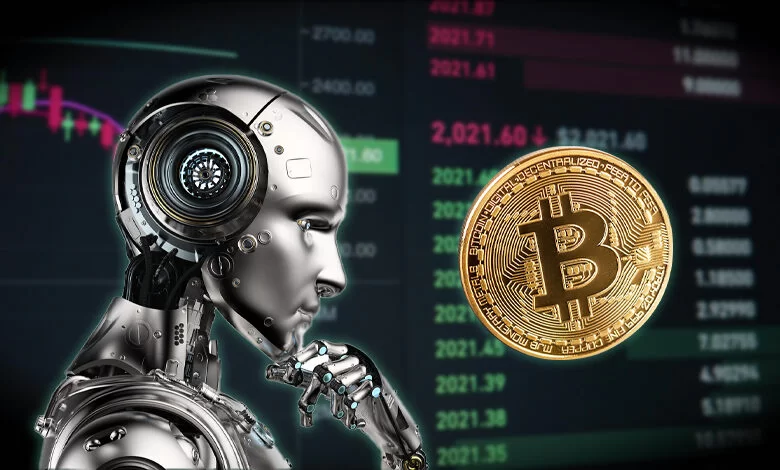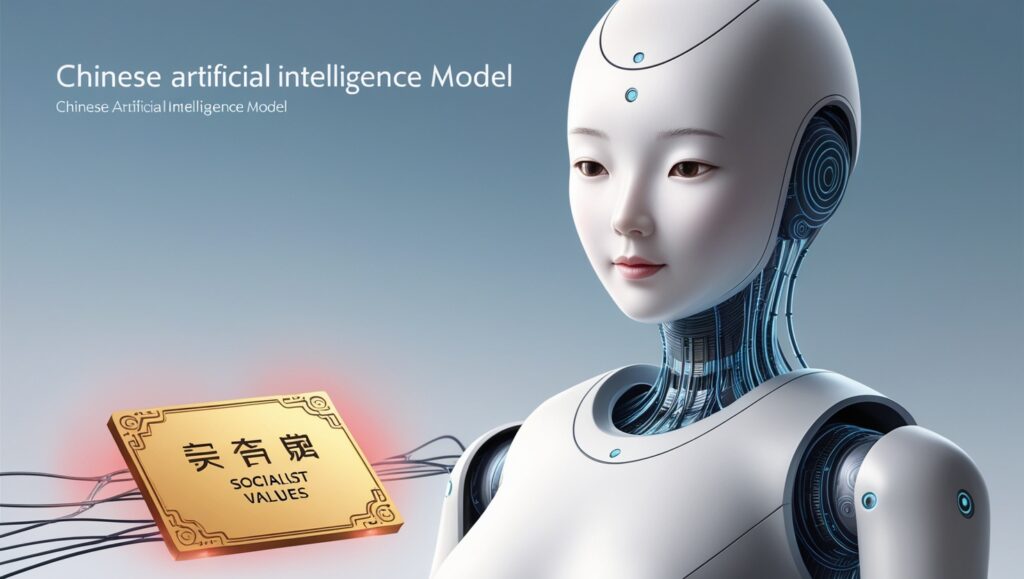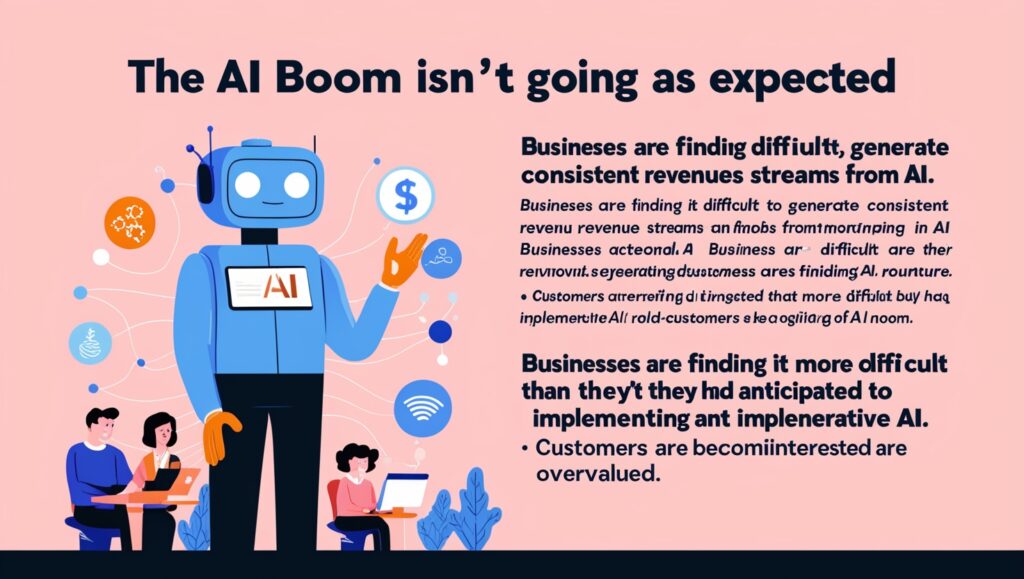According to Goldman Sachs, investors have rushed to invest up to $200 billion in the AI industry by next year, since the field is experiencing explosive growth. A prominent figure in the sector has cautioned, meanwhile, that the current “hype” and excitement around AI could jeopardize the advancement of science required to advance the technology.
[Demis Hassabis, CEO of DeepMind, explained that [AI] comes with a huge amount of hype, along with maybe some grifting and other things that you see in other hyped-up areas—crypto, or whatever. According to him it’s a little bad that some of that is now incorporated into AI. The research and science are obscured by it.
AlphaGo, a groundbreaking AI model that defeated the world champion in the board game Go in 2016, and the formerly Bard chatbot are both products of Google’s AI research group, DeepMind. In just four years after Hassabis launched DeepMind in 2010, Google purchased it for more than $500 million. The AI technology that DeepMind, which Hassabis still leads, has been releasing on a regular basis includes Google’s new Gemini AI model, which took Bard’s place, and fresh studies in fields like healthcare.
With over 15 years of experience in the AI area, Hassabis witnessed firsthand the surge in public interest that followed the public release of ChatGPT in November 2022. More AI-focused businesses have emerged as a result of people’s fascination in this emerging technology. That’s true; according to a February research by CBInsights, out of the 800 AI firms they discovered, 85% are still in the early stages of development. Of these, 36 have already achieved unicorn status. Despite its infancy, the area is experiencing rapid growth due to a large inflow of venture capital.
Does AI resemble cryptocurrency?
Regarding funding, Hassabis’ analogy between cryptocurrency and artificial intelligence makes sense—both have seen tremendous increases in capital and widespread media coverage. Data shows that while investments in cryptocurrency firms reached about $50 billion between 2021 and 2022, they plummeted below $10 billion last year as token prices declined and interest in the space dwindled. Market data gathered by Statista shows that sales volume for certain crypto industries, such NFTs, have decreased by more than 90% from 2021 high.
The AI landscape consists of hundreds of smaller firms using AI for B2B and consumer-facing products, and a few large giants, like Microsoft, DeepMind, and OpenAI, financing vast data centers and investing billions in research. Hassabis has been involved in cutting edge AI research for a long time; unlike many of the newer AI companies that are currently flooding the market, DeepMind is staffed primarily by PhDs like himself.
According to Hassabis, the relevance of Artificial General Intelligence (AGI)—AI capabilities functioning at a level that matches or surpasses human cognitive ability—means that we should construct AGI with a more scientific approach.
Asserting that the sharp increase in financing and valuations isn’t indicative of AI’s true potential, some analysts have gone so far as to label AI a bubble. Some of the primary criticisms leveled at cryptocurrency during its boom years in 2021 and 2022 are echoed in their rhetoric: money flowing into cryptocurrency and NFTs was driven more by investor excitement than real long-term value, and blockchain and decentralized finance weren’t truly transformative technologies.
Albert Edwards, chief global strategist at Société Générale, stated in a note this week that every bubble has a fascinating story. The current story is around the expectation that corporate earnings will soar due to artificial intelligence, fully justifying the current stratospheric values. We who experienced the [tech] bubble in the late 1990s roll our eyes because we’ve heard it all before.








